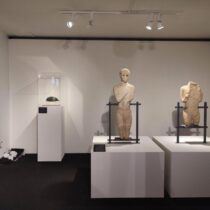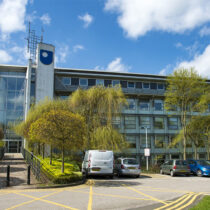Education and training both in prehistoric and Homeric Greek society are synonymous with work and dexterity. They presuppose physical, mental and psychological maturity and characterize the action and attitude of man in all the expressions of his life. For the prehistoric human being education entailed the application and improvement of gained knowledge – with the help of experience – for handling the environment so as to create the best living conditions. For youths in antiquity all activities concerning the management of the house and property and which were handed down by adults were the only education available, since life concentrated entirely on the family-race. From the eighth century BC on, family ties start loosening. The economy breaks its family boundaries and becomes urban, while the “city” is gradually transformed into a”state”. Education starts to obtain a definite character and to train citizens for their participation in public affairs.
By the end of the sixth century the nature of the youths’ education has become clear. It is destined only for boys who escorted by their paedagogue go to school and the palaestra in order to be taught letters, music and gymnastics. The education is private and aims to train and prepare the youths for the public life. The education of the girls is relevant to their activities in the home and prepares them for the life of mature, responsible women and is achieved through certain procedures related to religious life.


